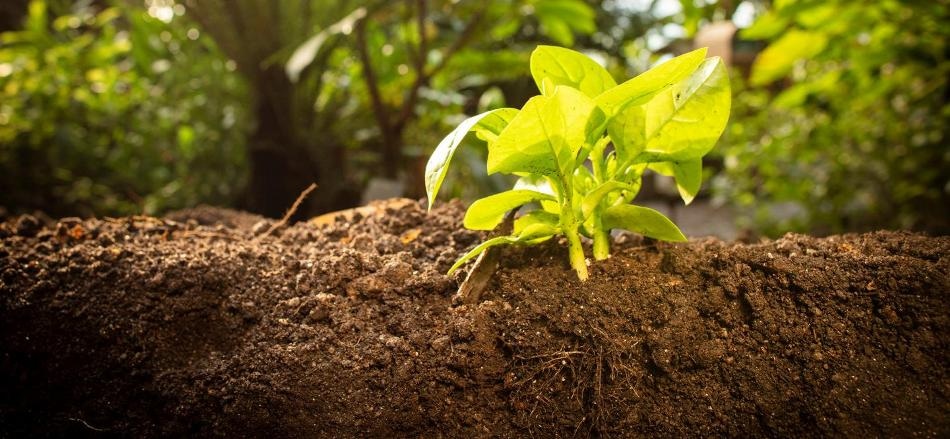Aug 5 2019
According to a new study, a mixture of waste materials combined with a biomass product can help in the quest for high-quality soils.
 The University of Plymouth is leading the quest to fabricate soils which could ultimately lead to the creation of custom-made, sustainable products. (Image credit: University of Plymouth)
The University of Plymouth is leading the quest to fabricate soils which could ultimately lead to the creation of custom-made, sustainable products. (Image credit: University of Plymouth)
Every year, soil degradation is presenting a major threat to global food security. In fact, soil erosion accounts for the loss of about 12 million hectares of cropland.
Now, at the University of Plymouth, researchers have shown that the loss of key nutrients like carbon and nitrogen can be reduced by adding biochar to soil produced from waste materials. Biochar is a solid, carbon-rich material extracted from biomass.
This, according to the researchers, can enhance the sustainability of manufactured soils by improving conditions that are conducive to maintain plant growth and by enhancing carbon storage capacity, nutrient retention, and moisture content. It will also bring down the dependence of soil on the excess use of fertilizers, thus lowering cost as well as the risk of pollution caused by extreme leaching of nitrogen.
Reported in Science of the Total Environment, the study concentrated on a soil made up of waste materials, which has been implemented to support a range of plants within artificial and natural environments over a period of 18 years.
Conversely, the soil’s success has depended on frequent applications of fertilizers to supply the needed nutrients. Hence, the study aimed to determine the impact of the application of the biochar on the retention of macronutrients over the experimental timescale.
Manufactured soils are a growing component in the fight for global food security. But for them to be effective and sustainable, they must retain and cycle nutrients without the need for significant fertiliser inputs. This study has shown that, by combining waste material with pyrolysed biomass (charcoal), the amount of nutrients escaping can be significantly reduced. It is a promising first indication that sustainable soils from waste can be generated and something we are now looking to build on through our current research.
Dr Kate Schofield, Study Lead and Postdoctoral Research Fellow, University of Plymouth
Organic and mineral waste materials, obtained from a wide range of activities and industries, can be reused as components of produced soils.Their applications include the development of topsoils for urban grasslands and also as materials for the agriculture, horticulture, restoration and amenity markets.
Via its FABsoil project, the University of Plymouth—in association with the renowned Eden Project and businesses in Cornwall, like the Green Waste Company—is leading the search to develop soils, which could eventually result in the development of sustainable and customized products across a host of markets and locations.
The study was funded by Agri-Tech Cornwall, a three-year £9.6 million initiative part-funded by the European Regional Development Fund, with match-funding from Cornwall Council.
According to Mark Fitzsimons, FABsoil project leader and Professor of Environmental Chemistry, “there isn’t a community in the world that doesn’t rely on soil. But with global population growth and demand we are currently facing the genuine prospect of a soil crisis. The manufacture of high-value soils from waste materials offers international opportunities in terms of food security, carbon sequestration and achieving a circular economy.
Fitzsimons continued, “however, it is crucial that whatever soil we create is sustainable in the long-term and that is one of the key ongoing challenges our research aims to meet.”
Since the Eden Project opened in 2001, we have been successfully growing plants in soils manufactured from waste materials. This research shows how soil 'recipes' can be developed to reduce fertiliser inputs and will be a vital component of future landscape restoration projects.
Dr Rachel Warmington, Science Team Manager, Eden Project
Dr Warmington was not involved in the study but is part of the FABsoil project.
The complete study, titled Biochar incorporation increased nitrogen and carbon retention in a waste-derived soil” by Schofield et al. has been reported in Science of the Total Environment.